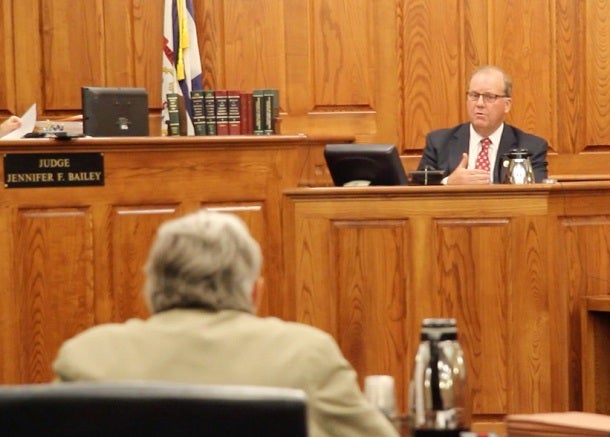Uncategorized
W.Va. Workers Strike Back: Injunction Suspends RTW

Two outs, bottom of the ninth, in a game too many had already called for the opposing team. This was the sentiment in West Virginia prior to Wednesday. The unions were up to bat, with native son Ken Hall back at the plate to even the score.
On July 1, West Virginia became the 26th right-to-work (RTW) state in the country after legislators overturned Governor Earl Ray Tomblin’s veto of the bill in February, and the W.Va. labor movement had one last play to make as the fight moved from the Capitol to the courthouse.
The players were the same—labor unions (W.Va. working families) vs. big business (out-of-state special interests)—and the rivalry had been raging for generations. For over a century, big business hedged their bets against workers looking to exercise their collective bargaining rights; and for over a century, West Virginia workers defied the odds.
Against those odds, more than 4,000 West Virginia Teamsters stood strong. As members of Local 175, they had strong leadership in GST Hall. Throughout the two-plus years fighting to defeat RTW legislation, Hall had become the voice for all W.Va. workers. He had rallied and testified and worked tirelessly to stop the anti-worker agenda in Charleston. On Wednesday, he was center stage once again.
Speaking on behalf of the West Virginia labor movement, Hall made the case, contending that the right-to-work law discourages union membership by “enabling non-members of unions to get union services for free”— an illegal taking of union resources.
“The fact that our members will have to pay for representation for people who choose not to join the union or drop out of the union is just an unfair taking of their property,” said Hall in his testimony.
Attorneys for the labor unions challenged the law, arguing that allowing workers in union shops to opt out of paying union dues is against the law—a violation of West Virginia Constitution.
In Wisconsin, a similar case was argued—and won—by unions in the Badger State when Judge William Foust ruled that under the law, “a free-rider problem is born – the ability of non-members to refuse to pay for services unions are compelled to provide by law.”
Likewise in West Virginia, the law is unconstitutional because non-dues paying employees will still be represented in contract negotiations, employment disputes and other union matters without paying dues. And that, in turn, violates the state constitution.
After nearly three hours, Judge Jennifer Bailey issued a preliminary injunction, blocking enforcement of RTW in West Virginia until a review of the law and a full court hearing to address the legal challenges raised by the unions.
RTW may be temporarily thwarted but it is by no means dead. The final showdown, most likely slated for the West Virginia Supreme Court, will determine whether it becomes the law of the land. For the time being, though, the unions can breathe a sigh of relief.